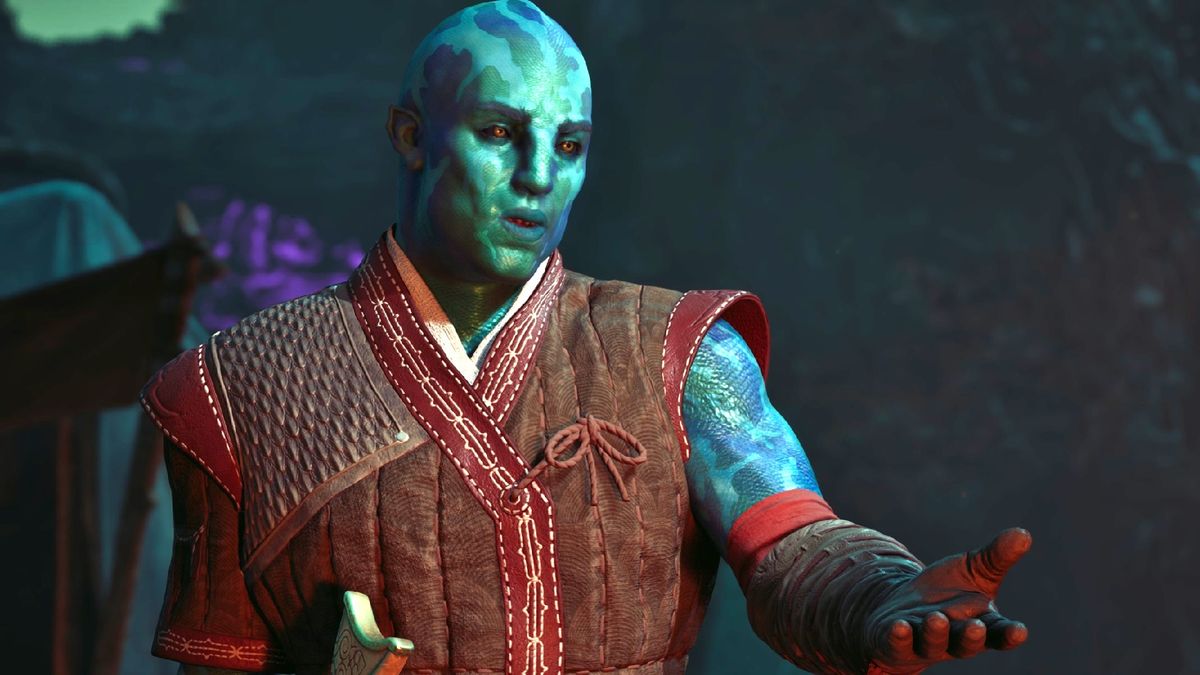LectureMaster
Has Man Musk

Avowed succeeds where Dragon Age: The Veilguard failed: An actionized, beginner-friendly entry point to a long-running series that doesn't sacrifice its identity
I enjoyed The Veilguard, but Avowed has put its successes and failures in a new light.
It impressed me just how well Avowed managed to thread the needle on this challenge that seriously stumped Dragon Age: The Veilguard, a similarly actionized follow-up to a lore-dense, tactical RPG series. Obsidian didn't have to contend with a decade-long attrition of staff and a parent company with no understanding of the studio and IP it had invested in, but I think failing the balancing act of placating series fans while also creating new ones made for a final nail in The Veilguard's coffin, so it shocked me to see another studio stick the landing immediately after.
So much of Avowed sounds, on paper, like The Veilguard. It's an action pivot compared to prior games in the same setting. For the first time in the series, the previous game's choices can't be imported. In addition to the gameplay shift, Avowed is set in an unexplored corner of the world, with few returning characters.
But the difference is all in the execution. Across 16 years and four entries, Dragon Age never had a consistent identity, with each successive release overriding the previous one's art style, mechanics, and, in the case of Veilguard, tone. The look and feel of Pillars has evolved—most notably with the injection of tropical pirate summer fun in Deadfire—but it's always remained rooted in its unique combo of more grounded early modern historicity and colorful, almost psychedelic fantasy paperback spectacle.
Avowed also makes a cleaner break with Pillars of Eternity narratively, while simultaneously not invalidating the events of those games the way Veilguard did. It helps that Avowed doesn't push a half-measure accounting of previous player choice like Veilguard's Inquisitor customization. Avowed just opts for the tried and true RPG standby of "The exact events are shrouded in mystery…" while referencing characters and quests from previous games in clever, surprising ways. A real knockout for me was running into the parents of Pillars 1's intro companion who dies at the end of the tutorial (spoilers), the "Trask Ulgo special." I checked and, sure enough, Calisca mentioned her parents being in Avowed's setting of the Living Lands all the way back in 2015.
There's no room to hide something new and surprising in Dragon Age anymore.
What's more, as Dragon Age went on, the weight of its story shifted entirely to its characters from its setting and politics, culminating in The Veilguard's pure focus on its party roster as avatars of their respective factions. Pillars had strong, memorable characters, but Obsidian's consistently been more of a setting and themes-first joint. A new game set in Eora was largely only beholden to those themes and that history, not the decade-plus personal sagas of Morrigan, Solas, and the Inquisitor which had subsumed Dragon Age's fictional politics.
Avowed is framed in a way that may have benefitted a new Dragon Age project: It's a follow-up to, but also a spinoff of, Pillars of Eternity. It's unclear if we'll ever see another mainline Pillars game, but Avowed doesn't inherently preclude the possibility. Each new Dragon Age game tacitly carried the message, "this is what Dragon Age is now," with an implication as the series went on that its more tactical, old-school roots were an aberration, and that the later games' shift to action was always the plan.







